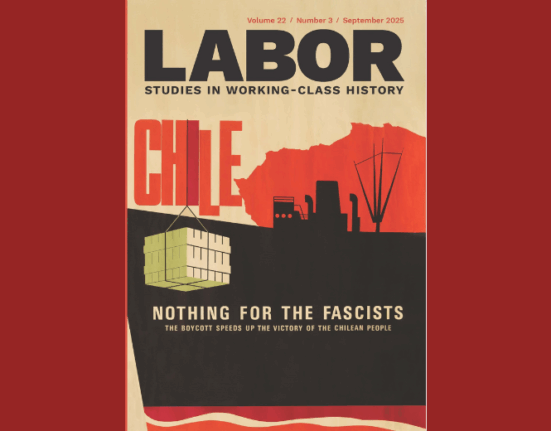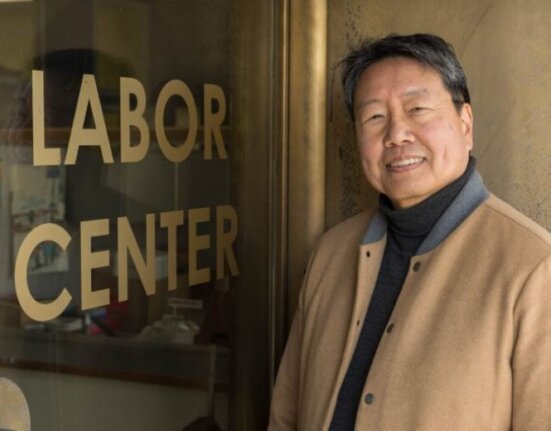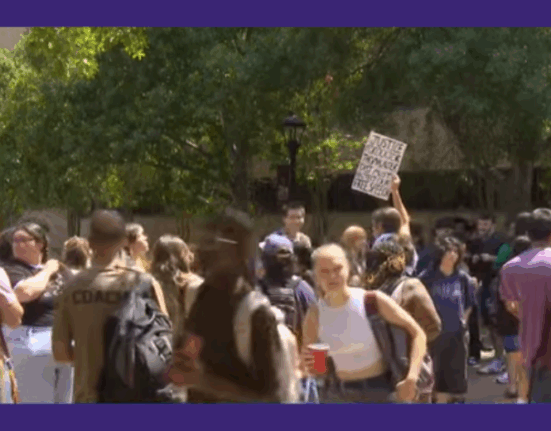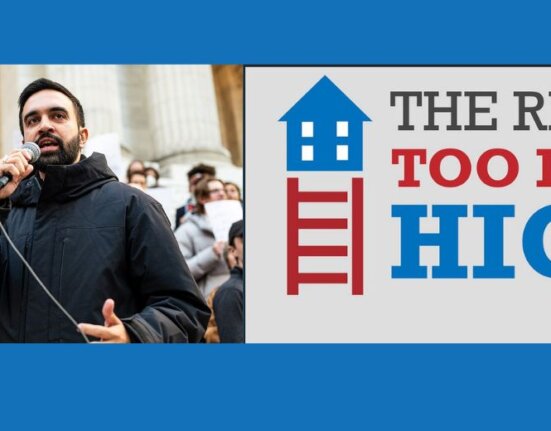The Global Labour History Network (GLHN) is an interdisciplinary network of historians and other social scientists, founded in Barcelona on June 16, 2015. It unites local, national and regional scholarly associations, journals, archives and museums, as well as committed individuals, who aspire to further the study of work and workers in the broadest sense.
Foundation of the Global Labour History Network (GLHN)
More than 40 representatives of labour history institutions from Asia, Africa, Europe, North America, Oceania and South America accepted an invitation by Marcel van der Linden and met in Barcelona on June 16, 2015 in the forefront of the III International Conference Strikes and Social Conflicts in order to discuss the foundation of a global network on labour history. Below, we publish the mission statement of the newly founded global network.
The Global Labour History Network: What it is and what it wants
The Global Labour History Network (GLHN) is an interdisciplinary network of historians and other social scientists, founded in Barcelona on June 16, 2015. It unites local, national and regional scholarly associations, journals, archives and museums, as well as committed individuals, who aspire to further the study of work and workers in the broadest sense. We are interested in paid and unpaid, free and unfree, productive and reproductive labour, in all areas of the globe and without temporal limitation. While our mandate includes modern rural and industrial workers such as miners, factory operatives, agricultural workers and dockers, it welcomes also those studying soldiers, domestic servants, sex workers, and caregivers. Unwaged labour, including slavery, indentured workers, debt peons, and homemakers are equally vital to our academic mandate.
The GLHN promotes research, the collection of data, the sharing and mobilization of knowledge, and the preservation of archives and other historical materials. The network encourages the formation of collaborative transcontinental working groups on to pics such as, for example, free and unfree labour, gender, migration, colonial labour, trade unions, or other issues of wider relevance. The GLHN also envisages the organization of global conferences, as soon as resources make this possible. Individuals may join, but are also encouraged to participate through existing organizations which will comprise the governing body of the network.
The GLHN’s provisional coordinating committee consists of Babacar Fall (Senegal), Kazue Enoki (Japan), Nicolás Iñigo Carrera (Argentina), Joan Sangster (Canada), Raquel Varel (Portugal) and Marcel van der Linden (convenor, The Netherlands).
Contact
Astrid Verburg, International Institute of Social History (IISH), Cruquiusweg 31, 1019 AT Amsterdam, The Netherlands (ave@iisg.nl).






